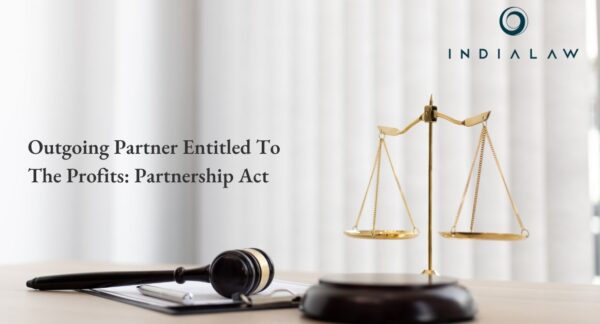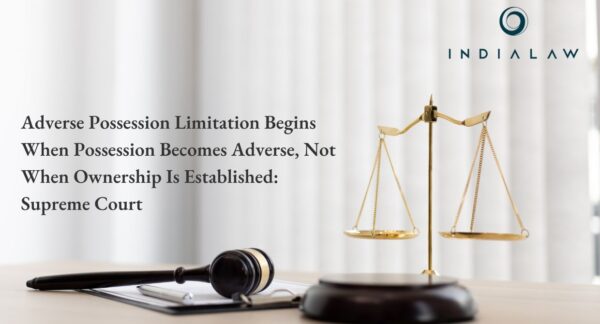Landowners And Builder Jointly Liable Despite Revocation Of Power Of Attorney: Supreme Court


The Hon’ble Supreme Court (“SC”) in the case of Akshay and Anr. v. Aditya and Ors.[i] dismissed the Civil Appeals filed in a real estate dispute. The bench comprising of Bela M. Trivedi and Satish Chandra Sharma, JJ, concluded that landowners should be jointly held liable along with builders towards flat owners.
The case arose from complaints filed by homebuyers against the present appellant, the landowner and M/s. Glandstone Mahaveer Infrastructure Pvt. Ltd. (“said developer”). The homebuyers had entered into agreements for sale (“AFS”) of certain residential units with the said developer, who had been empowered to act on behalf of the landowners through a Joint Venture Agreement (“JVA”) and an Irrevocable Power of Attorney (“said IPA”).
The crux of the dispute was that the landowners revoked the said IPA, stating that they should not be held liable for any actions taken by the said developer after the revocation of the said IPA. However, the said developer continued to enter into agreements with the complainants under the terms agreed upon by the virtue of the JVA and IPA that had been in force when the agreements were made.
Initially, the Hon’ble Maharashtra State Consumer Disputes Redressal Commission (“State Commission”) ruled in favor of the complainants, directing that the landowners and the said developer to complete the construction of the building, deliver possession of the properties, and execute sale deeds in favour of the complainants. Additionally, the landowners were ordered to pay compensation for physical and mental harassment and cover the costs of execution and registration of the sale deeds.
Aggrieved by the decision of the of the State Commission, the landowners appealed the order passed to the Hon’ble National Consumer Disputes Redressal Commission (“NCDRC”). The contentions of the landowners were that they should not be held liable due to the revocation of the said IPA. Further, they contended that the complaints were not maintainable under the Consumer Protection Act, 2019 as they were not privy to the agreements made by the said developer. The NCDRC dismissed their appeals, affirming the State Commission’s decision and stating that the revocation of the IPA did not absolve the landowners of their responsibilities arising from the JVA.
Analysis
The Supreme Court (SC) upheld the NCDRC’s decision, emphasizing that the JVA and IPA were operative at the time when agreements with the complainants were made. The SC noted that the landowners had not revoked the JVA, which remained valid and binding. Furthermore, the letter of revocation dated 12th August 2014, indicated that the appellants could not disclaim liability for actions taken prior to that date. The Supreme Court (SC) found no merit in the appellants’ arguments and held that they were bound by the terms of the agreements made by the said developer under the IPA. The appellants had failed to demonstrate any legal or factual basis for their claim of non-liability.
Conclusion
The Supreme Court (SC’s) decision that landowners cannot evade their contractual obligations through unilateral revocation of powers or agreements when the rights of third parties, such as homebuyers, are involved, is appreciated. This judgment is a significant reminder of the binding nature of contractual agreements and the protection afforded to consumers under the law. As a result, the SC’s ruling ensures that the homebuyers will receive the properties they had entered into agreements for, along with appropriate compensation for any delays or deficiencies. This case highlights the importance of adhering to contractual terms and the legal consequences of attempting to retract agreements in the face of consumer rights.
[i] Civil Appeal Nos.3642-3646/2018.




